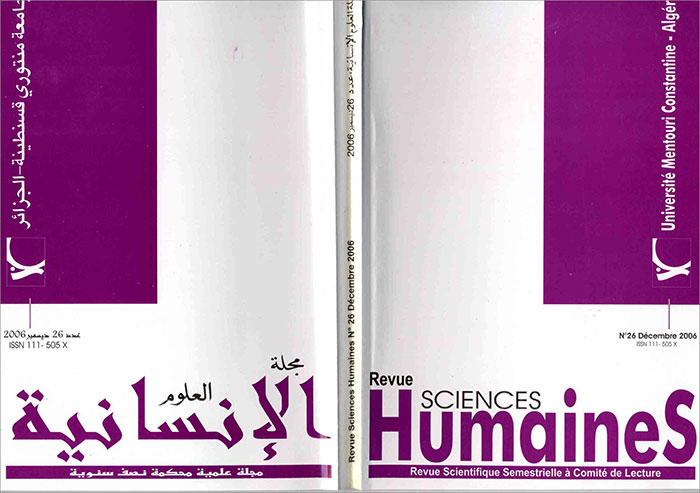On teacher questioning: question-types in question
Abstract
This paper, on collaborative research, purports to achieve teacher’s awareness raising on some teaching malfunctions pertaining to types of "Question" which might potentially affect teaching efficiency and pupils’ comprehension. Multiple interpretive accounts of data of teacher talk extracts (reported in Appendixes 1, 2, 3, and 4) are exploited for this purpose. This article does not seek to significantly provide any breakthrough on this particular aspect. It does not either purport to achieve generalisability or prove causal relationships. It simply attempts to realistically empower teacher’s with transcript-exploitation means, to appreciate, in the heat of their lesson deployment, whether the types of questions asked are pedagogically appropriate, in terms of comprehensibility, to create learning conditions. Learners’ reactions to these questions will serve as guiding-marks of pupils’ access to question comprehension.
Downloads
References
- Allwright, D. 1983. "Classroom-centred research on language teaching and learning: brief historical overview." in TESOL Quarterly VOL. 17, n° 2.
- Allwright, D. and K. M. Bailey. 2000. Focus on the Language Classroom. Cambridge University Press.
- Bailey, K. M., and Nunan, D. 1996. Voices from the Language Classroom. Cambridge: Cambridge University.
- Bowers, R. 1980. Verbal Behaviour in Language Teaching Classroom. Phd. Thesis University of Reading.
- Brumfit, C. J. 1978. ‘Communicative’ language teaching : an assessment. in Strevens (1978).
- Brumfit, C.J. 1979. ‘Communicative’ language teaching : an educational perspective. in Brumfit and Johnson (1979)
- Brumfit, C. and R. Mitchell, eds. 1989. Research in the Language Classroom. London: Modern English Publications and the British Council.
- Cazden, C.B. 1986. Classroom discourse. In M. C. Wittrock, ed. Handbook of research on teaching, 432-463. New York: Macmillan.
- Cazden, C.B. 1988. Classroom Discourse: The Language of Teaching and Learning. Portsmouth: Heinemann Educational Books, 1988.
- Cohen, A.D. 1990. Language Learning: Insights for Learners, Teachers, and Researchers. New York: Newbury House.
- Clyne, M.G. ed. 1981. "Foreigner talk". in International Journal of the Sociology of Language 28.
- Freed, B.F. 1980. Talking to foreigners versus talking to children: similarities and differences. In R. C. Scarcella and S. D. Krashen, eds. Research in second language acquisition, 19-27. Rowley, Mass.: Newbury House.
- Holland, R. and T.Shortall. 1998. Classroom Research and Research Methods.
Centre for English Language Studies, Birmingham University.
- Kumaravadivelu, B. 1993. "Maximizing learning potential in the communicative
classroom" in ELT Journal 47, 5, 12-21.
- Krashen, S.D. 1982. Principles and Practice in Second Language Acquisition. Oxford: Pergamon Press.
- Krashen, S.D. 1983. Newmark’s ‘ignorance hypothesis’ and current second language acquisition theory. In S. Grass and L. Selinker, eds. Language transfer in language learning, 135-53. Rowley, Mass.: Newbury House.
- Littlewood, W. 1981. Communicative Language Teaching: An Introduction. Cambridge:Cambridge University Press.
- Moritoshi, P.T. 2000. "Teacher questioning, modification anf feedback behaviours and their implications for learner production: an action research case study." In Centre for English Language Studies. University of Birmingham.UK.
- Nunan, D.1989. Understanding Language Classroom: a Guide for Teacher Initiated Action. London: Prentice-Hall.
- Perkan, C. 1999. "Instructional discourse in language classrooms" in http/sfl.emu.edu.tr/tu/oldconferences/confarchive/ASCP cananperkan.htm.
- Williams, M. and R.L. Burden.1997. Psychology for Language Teachers: A Social Constructivist Approach. Cambridge:












